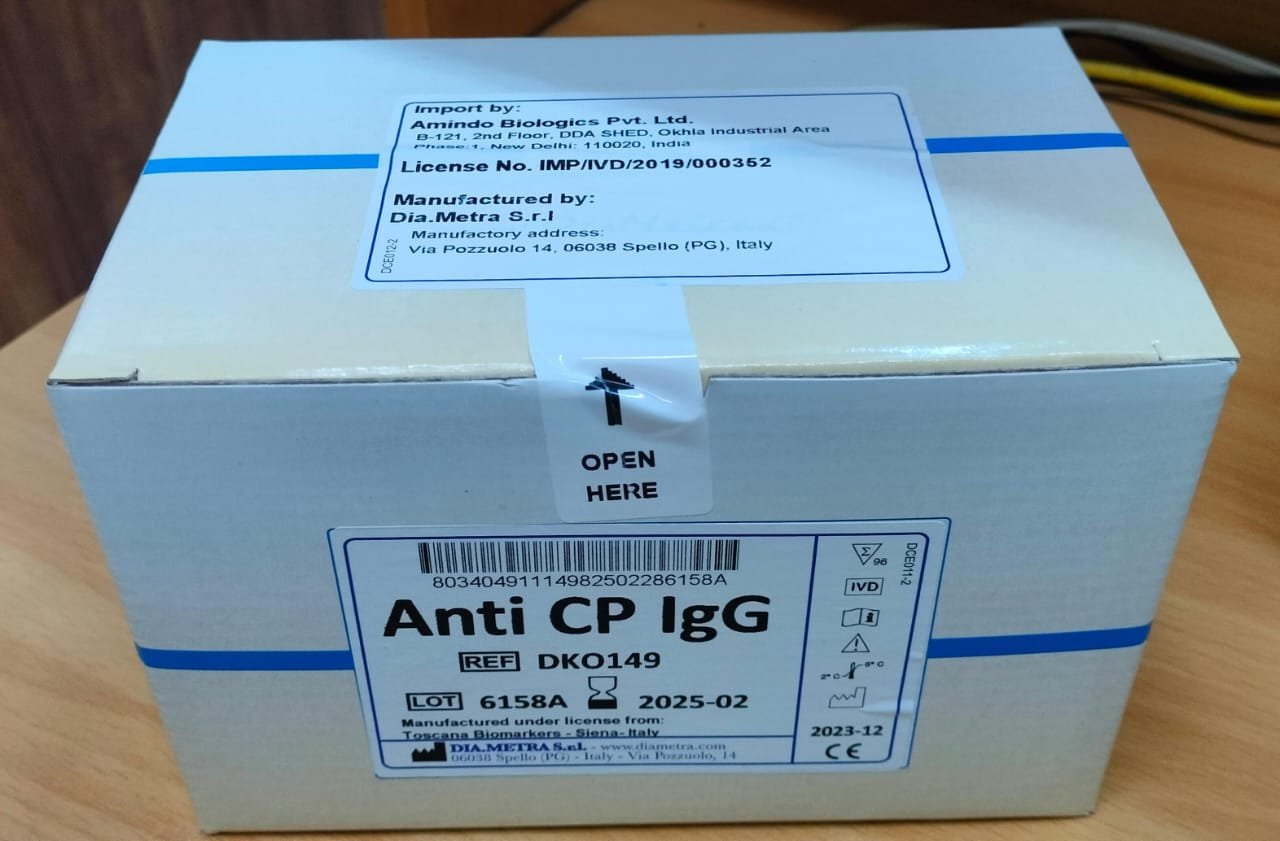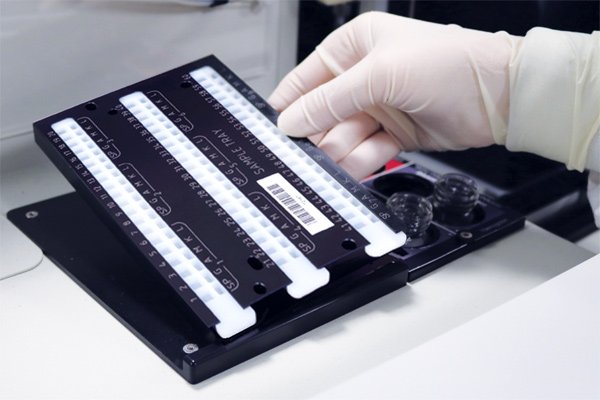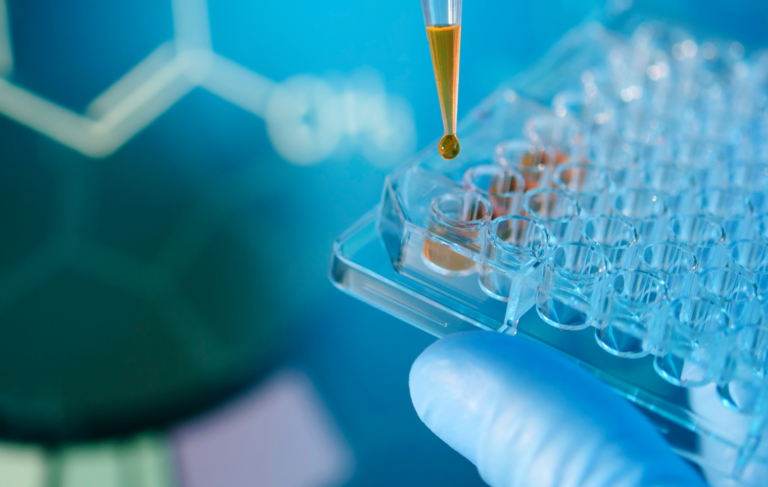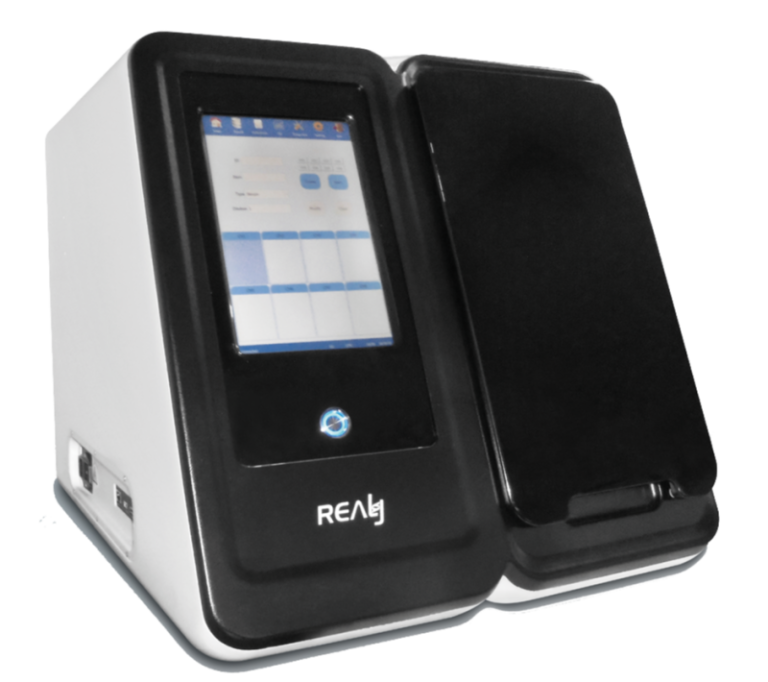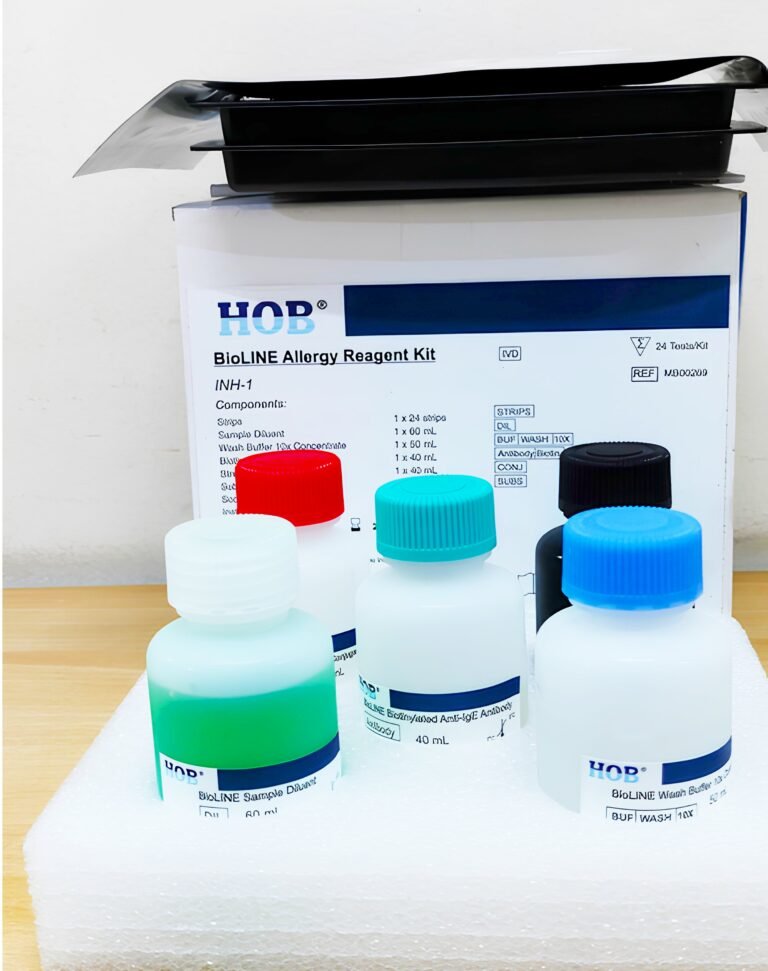Market Analysis of ELISA Diagnostic Kits: Current Trends and Future Prospects
The Enzyme-Linked Immunosorbent Assay (ELISA) diagnostic kits have become indispensable tools in medical diagnostics, research, and biotechnology industries. With their high sensitivity, specificity, and versatility, ELISA kits are widely used to detect and quantify substances such as hormones, antibodies, and proteins. This blog provides an in-depth market analysis of ELISA diagnostic kits, exploring the current trends, driving factors, and prospects of this essential segment.
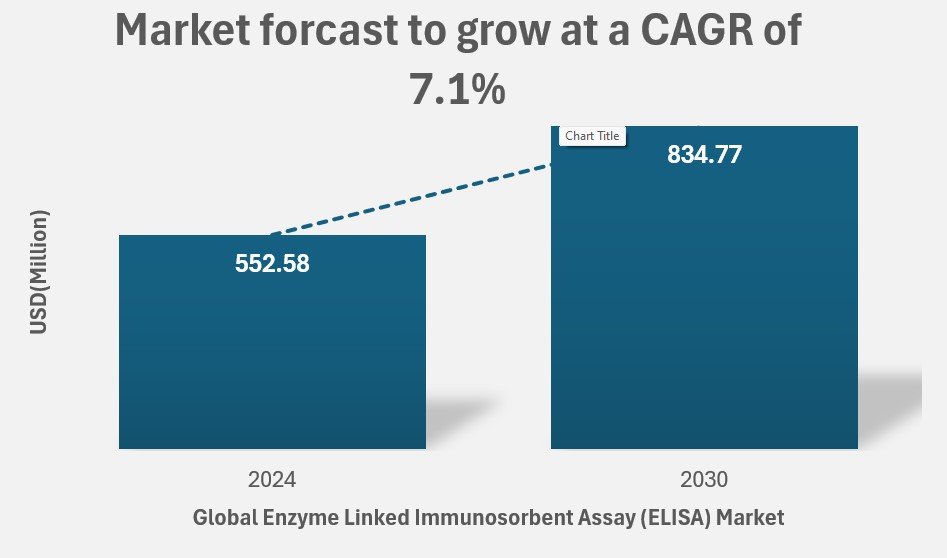
Current Market Trends
- Increasing Demand for Early Disease Detection: The growing emphasis on early disease detection and prevention is a significant factor propelling the demand for ELISA diagnostic kits. These kits are crucial for identifying biomarkers associated with various diseases, including infectious diseases, cancer, and autoimmune disorders.
- Technological Advancements: Continuous innovations in ELISA technologies, such as the development of multiplex ELISA, which allows simultaneous detection of multiple analytes, and the advent of automated ELISA systems, are enhancing the efficiency and accuracy of diagnostics. These advancements are expanding the application scope of ELISA kits and driving market growth.
- Rise in Research and Development Activities: Increased funding and investments in biomedical research are boosting the adoption of ELISA kits in laboratories and research institutions. The kits are essential for various research applications, including drug discovery, vaccine development, and genetic studies.
- Growth of Point-of-Care Testing: The shift towards point-of-care (POC) testing, which provides immediate results and facilitates timely medical decision-making, is fostering the adoption of portable and user-friendly ELISA kits. POC ELISA kits are particularly beneficial in resource-limited settings and remote areas.
Market Drivers
- Prevalence of Chronic and Infectious Diseases: The rising incidence of chronic diseases like diabetes, cardiovascular diseases, and infectious diseases such as HIV, hepatitis, and COVID-19 is a major driver for the ELISA diagnostic kits market. These kits play a critical role in diagnosing and monitoring these conditions, thereby supporting better patient management.
- Government Initiatives and Health Programs: Government initiatives aimed at controlling disease outbreaks and improving public health infrastructure are contributing to market growth. National and international health organizations are increasingly employing ELISA kits for large-scale screening and surveillance programs.
- Increasing Geriatric Population: The global increase in the aging population is leading to a higher prevalence of age-related diseases. ELISA diagnostic kits are essential tools for diagnosing and managing these conditions, thereby driving their demand.
- Expansion of Biotechnology and Pharmaceutical Industries: The burgeoning biotechnology and pharmaceutical sectors are significantly contributing to the market growth. ELISA kits are widely used in these industries for quality control, product development, and clinical trials.
Regional Market Insights
- North America: North America holds a substantial share of the ELISA diagnostic kits market, driven by advanced healthcare infrastructure, significant R&D investments, and high adoption of innovative diagnostic technologies.
- Europe: Europe is a prominent market, with increasing healthcare expenditures, a strong focus on disease prevention, and robust government support for research activities.
- Asia-Pacific: The Asia-Pacific region is expected to witness rapid market growth, attributed to the rising healthcare needs, improving healthcare infrastructure, and growing investments in research and development.
- Latin America and Middle East & Africa: These regions are gradually emerging as potential markets, driven by increasing healthcare awareness, government initiatives, and the expansion of healthcare services.
Future Prospects
The future of the ELISA diagnostic kits market looks promising, with several factors expected to drive its growth:
- Emerging Applications: The discovery of new biomarkers and the development of novel ELISA applications in fields such as personalized medicine, food safety, and environmental monitoring are set to expand market opportunities.
- Integration with Digital Technologies: The integration of ELISA kits with digital technologies, such as cloud computing and artificial intelligence, can enhance data analysis, improve diagnostic accuracy, and enable remote monitoring.
- Focus on Developing Economies: Increased focus on improving healthcare access in developing economies will create significant growth opportunities. Collaborations and partnerships aimed at enhancing healthcare infrastructure and diagnostics capabilities in these regions will further propel market expansion.
- Sustainability Initiatives: Growing awareness about environmental sustainability is leading to the development of eco-friendly and sustainable ELISA kits, which will cater to the increasing demand for greener healthcare solutions.
Conclusion
The ELISA diagnostic kits market is poised for robust growth, driven by technological advancements, increasing disease prevalence, and rising healthcare awareness. With ongoing innovations and expanding applications, ELISA kits will continue to play a pivotal role in enhancing diagnostic capabilities and improving patient outcomes. Stakeholders in the healthcare, biotechnology, and pharmaceutical sectors should capitalize on these opportunities to drive innovation and address the evolving needs of the global healthcare landscape.

